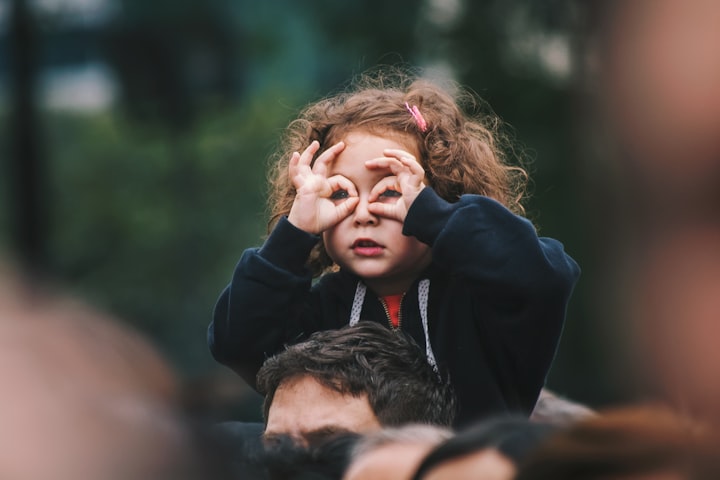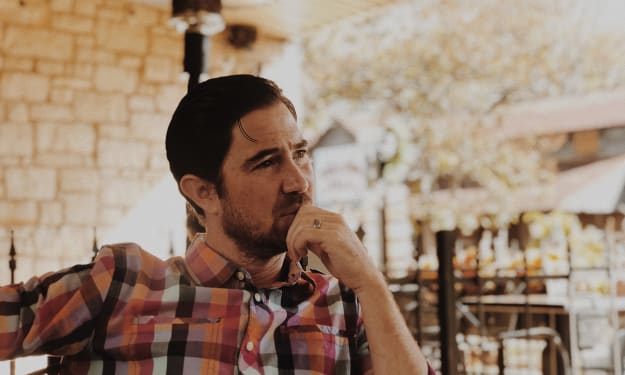Let's Talk About Kid's Fear Of The Dark
Start helping your kid right now

Fear of the dark is a phobia found in both children and adults. In the case of little ones, whether we are talking about "Boo-boo" or we are talking about a "little monster" that hides under the bed and scares the children, it is important that parents help their little ones to overcome their fears, and when it is if necessary, to seek the help of a psychologist or psychotherapist.
Many children are afraid of the dark. For example, those who are up to 2-3 years old or preschoolers tend to be afraid of things that are unfamiliar to them, that they do not understand and that they cannot control. Their active imagination, the fact that they cannot distinguish between reality and fantasy are just a few factors that make the little ones believe in monsters hiding under the bed or in the wardrobe, ready to come out once the light in the room has been turned off.
If this problem is not addressed, a child's fear of the dark can continue and can affect his routine and habits, as a rule, before bed.
What can you do, as a parent, to help your son or daughter overcome their fear of the dark:
- It is important to approach the little one's fear of the dark by showing understanding towards him. Do not ridicule him and do not overlook the child's feelings. The first step, when you set out to help your child overcome the irrational fear of the dark, is to accept that his emotions and feelings are real and to respond to them in a well-intentioned way.
- Ask the little one about his fears and what makes him afraid at night.
- Show the child that you understand his fears, but that you don't have them either.
- Make the little one understand that he is safe and explain that there are no monsters.
- Do not try to assure him that there are no monsters, looking in the closet or under the bed, because these gestures will suggest to the child that you also think that those "monsters" could be there.
- If the little one is afraid of the dark because of the possibility that strangers will enter the house, show him the security measures around the house, such as locks or locks.
- Ask the child what suggestions he has, what ideas he has and what could make him feel safer. Give her some suggestions: maybe she'll feel better if she keeps a favorite toy or a baby blanket in bed when she's sleeping.
Sometimes, the little one's fear of the dark is so pronounced that it affects his daily life and affects his play. Seek the help of a specialist if you think your little one is burdened by certain fears or phobias. With the help of the specialist, the child will learn how to control anxiety through certain strategies.
Nyctophobia can also occur in adulthood
Nyctophobia may be associated with some sleep disorders, such as insomnia. For example, a small study * of students (from a foreign college) who suffered from insomnia revealed that almost half of young people were afraid of the dark. The researchers measured the students' response to noise, both in the dark and when there was light in the room.
Those who had the biggest sleep problems were those who were most easily frightened by noises in the dark. Moreover, the students who could sleep well were, in fact, the ones who got used to the noises over time. Research has shown that students with insomnia have become increasingly anxious.
Diagnosis of nyctophobia
Make an appointment to go to a specialist (psychologist or psychotherapist) if:
- you have difficulty sleeping - you fall asleep hard
- you feel very anxious or troubled in the dark
- you have another reason to believe that you may be suffering from nyctophobia.
Make an appointment with a specialist if your little one has the above symptoms. Diagnosis involves a meeting with a specialist and answers to certain questions about the symptoms you have or your child has.
Some phobias do not need treatment, but nyctophobia can create certain problems: for example, it is very difficult for you to fall asleep. This can affect your overall health and can lead to disorders such as insomnia.
In general, it is good to turn to a specialist or ask them to recommend a treatment if:
- such fears make you extremely anxious or panic-stricken
- you feel that your fear of the dark is excessive, that it is unfounded
- avoid certain situations because of this fear
- you have noticed that you have had these feelings for more than 6 months.





Comments
There are no comments for this story
Be the first to respond and start the conversation.